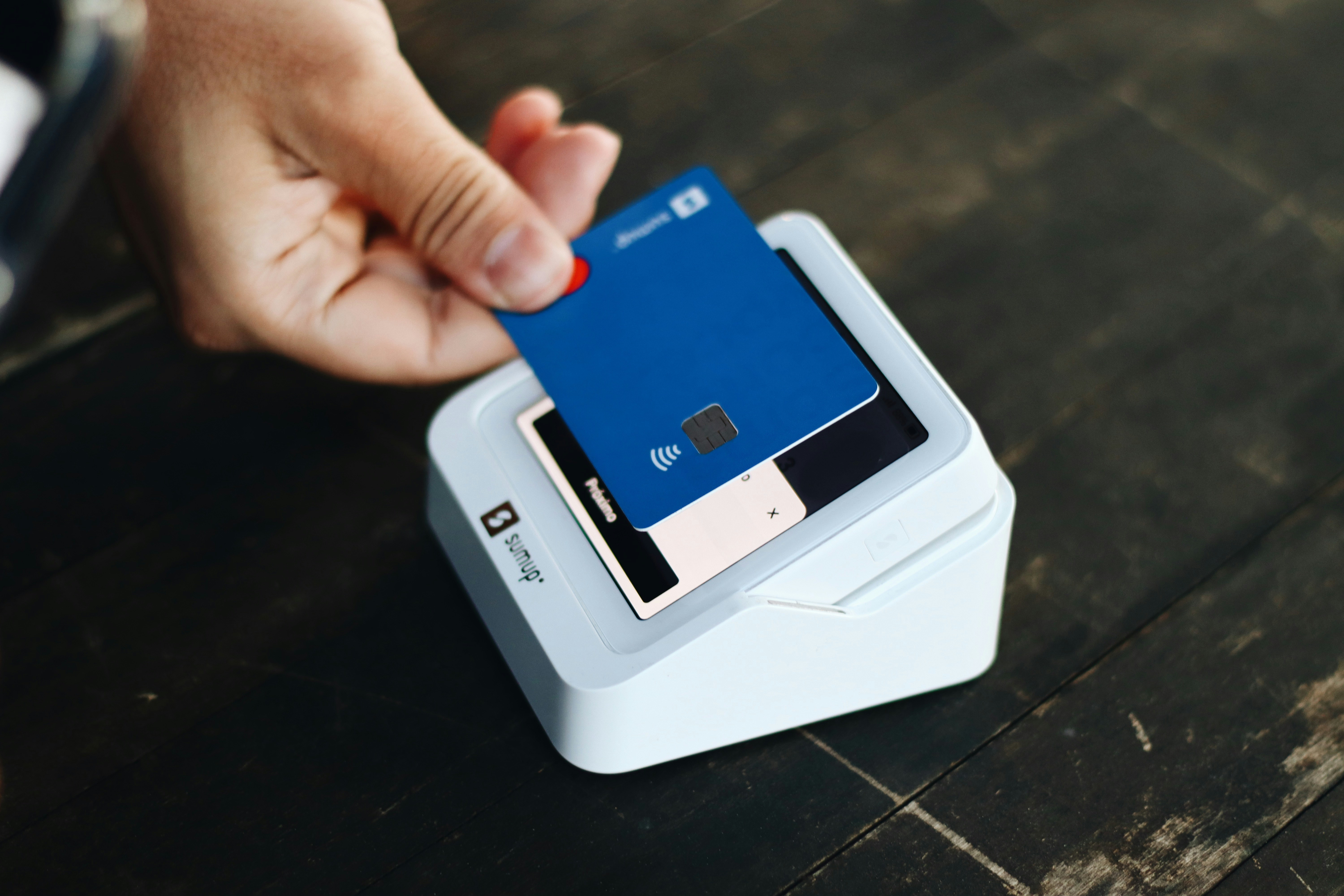The IRS 8300 Form
February 24, 2025
The IRS 8300 Form
The IRS 8300 is a critical form that most car dealerships will need to deal with at some point. However, the rules for determining whether a payment should be included in the calculation for submission can be complex and vague. Failing to file it correctly—or not filing at all—can result in significant penalties. This blog post aims to clarify IRS 8300 requirements for car dealerships and help you stay compliant.
What is the 8300 Form?
This form helps the IRS combat money laundering, tax evasion, and other financial crimes by tracking large cash transactions that might otherwise go unreported.
Businesses must file this form whenever they receive more than $10,000 in cash from a single transaction or a series of related transactions. Once that threshold has been crossed, the business must file within 15 days after the transaction occurred. Additionally, businesses are required to provide a written statement to the individual named in the filing.
What Constitutes Cash?
Cash includes:
The coins and currency of the United States and a foreign country.
Cashier's checks, bank drafts, traveler's checks, and money orders with a face value of $10,000 or less.
Why $10,000 or less? At the $10,000 mark, the financial institution would be responsible for reporting it to the IRS.
Cash does not include:
Personal checks drawn on the account of the writer.
A cashier's check, bank draft, traveler's check, or money order with a face value exceeding $10,000.
Any transmittal of funds from a financial institution.
Related Transactions
One of the biggest challenges for dealerships is determining which transactions are considered related. There are two ways transactions can be considered related. The first being a 24-hour time frame. All cash transactions made within 24 hours are considered related.
A retail motorcycle dealer sells a motorcycle for $9,000 in cash to a customer at 10 a.m. During the afternoon on the same day, the same returns to buy another and pays $6,000 in cash. Since both transactions occurred within 24 hours, they are related transactions, and the dealer must file Form 8300.
Beyond the 24-hour rule, dealerships must also consider whether multiple payments are connected, even if spread out over time. The definition is as follows:
Transactions are related even if they are more than 24 hours apart when a business knows, or has reason to know, each is a series of connected transactions.
How does one evaluate a ‘business knowing’ or ‘having reason to know’ whether transactions are related? More simply, transactions which are understood or expected as part of the original sales contract. These related transactions can go up to a year back from the most recent transaction.
A customer purchased a vehicle for $9,000 cash. Within the next 12 months, the customer paid the dealership additional cash of $1,500 for a repair to the vehicle's transmission, accessories, etc. Should a Form 8300 be filed?
No, unless the dealer knew or had reason to know the sale of the vehicle and the subsequent transactions were a series of connected transactions (for example, if the dealer and the customer agreed, as a condition of the sale of the vehicle, that the customer would be obligated to buy an additional $1,500 of goods or services).
A customer makes weekly payments in cash to a dealership as a lease payment or loan payment on a vehicle. During a 12-month period, these payments total more than $10,000. Are these payments considered related transactions and is the dealership required to file a Form 8300?
Yes, the weekly lease or loan payments constitute payments on the same transaction (the leasing or purchase of the vehicle).
A customer purchased five cars, each separately throughout the year totaling $15,000, and none of which individually exceeded $10,000. Is Form 8300 required?
If the dealer knows, or has reason to know, that each transaction is one of a series of connected transactions a Form 8300 would be required. If there is no reason to believe that they are connected, the five transactions would be viewed as separate transactions none of which exceed $10,000 in cash and a Form 8300 would not be required.
A dealership receives greater than $10,000 in cash on day one for the sale of a vehicle. On day three, the deal is canceled due to an inability to finance the deal. The dealership returns the cash. Is a Form 8300 required?
Yes. Once the dealership receives cash exceeding $10,000, a Form 8300 must be filed.
If $10,000 or less was received by the dealer and the deal was canceled, the dealer may voluntarily file a Form 8300 if the transaction appears suspicious.
The Notice of Filing Letter
After filing Form 8300, the business must notify the individual reported on the form. This statement must be given to the respective individual by January 31st of the following year. The statement must also include the following information:
The name and address of the cash recipient's business
Name and telephone number of a contact person for the business
The total amount reported
Language stating that the information contained in the statement was furnished to the Internal Revenue Service
How LeftLane Helps Dealerships Stay in Compliance
Manually tracking cash transactions can be overwhelming. LeftLane automates compliance, ensuring you never miss an IRS 8300 filing deadline
Every day we look at all posted cash payments per customer, any other payments made in a 24-hour period, and previous payments they’ve made towards any accounts if applicable. If the total exceeds $10,000, we create an alert in-app and generate the form as well as the notice of filing letter for our dealerships to review and send out. See how it works here
If interested in reading further about this form, please reference these links to the IRS website:
Related post
The IRS 8300 Form
Feb 24, 2025
Introducing Saved Views
Aug 29, 2024
Legal Convenience Fees in Texas
Jan 11, 2024
Is December a good BHPH month?
Jan 4, 2024
Benefits of a Dealer Management System
Dec 28, 2023









